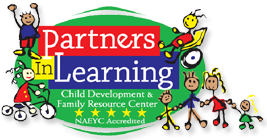 |
| Adaptation of "iPad" sign |
On a daily basis, I use many different signs with children to encourage them to communicate their wants and needs. ALL of the signs that I teach are very simple and easy to learn.
 |
| "More" sign |
 |
| "Eat" sign |
If your child is having difficulty communicating and expressing him or herself, I would recommend researching and coming up with a specific set of simple signs to teach your child. Customize the set of signs you choose to teach your child, pick words/phrases that you know your child has extra difficulty with, such as asking for help or asking to eat when he is hungry.
 |
| "Hurt" sign |
It may take your child a few tries to get the idea of the hand-signals, but once they master each sign, they will be able to communicate with you more effectively. However, if your child is rejecting learning how to sign, don't force it, sign language is not for everyone.
 |
| "Please" sign |
If you child cannot quite form his hands perfectly to a specific sign, it is okay to change it according to what is easier for your child. As long as you and your child understand the adapted sign, it doesn't have to be typical or perfect.
 |
| Adaptation of "More" sign (easier version, also means "Again") |
There are tons of resources available for teaching children how to sign. Apps are available for iPad as well as your phone. Books are available, and Google is always a great resource!
 |
| Example of Sign Language resource |
Katie Zink, ITFS/P


No comments:
Post a Comment